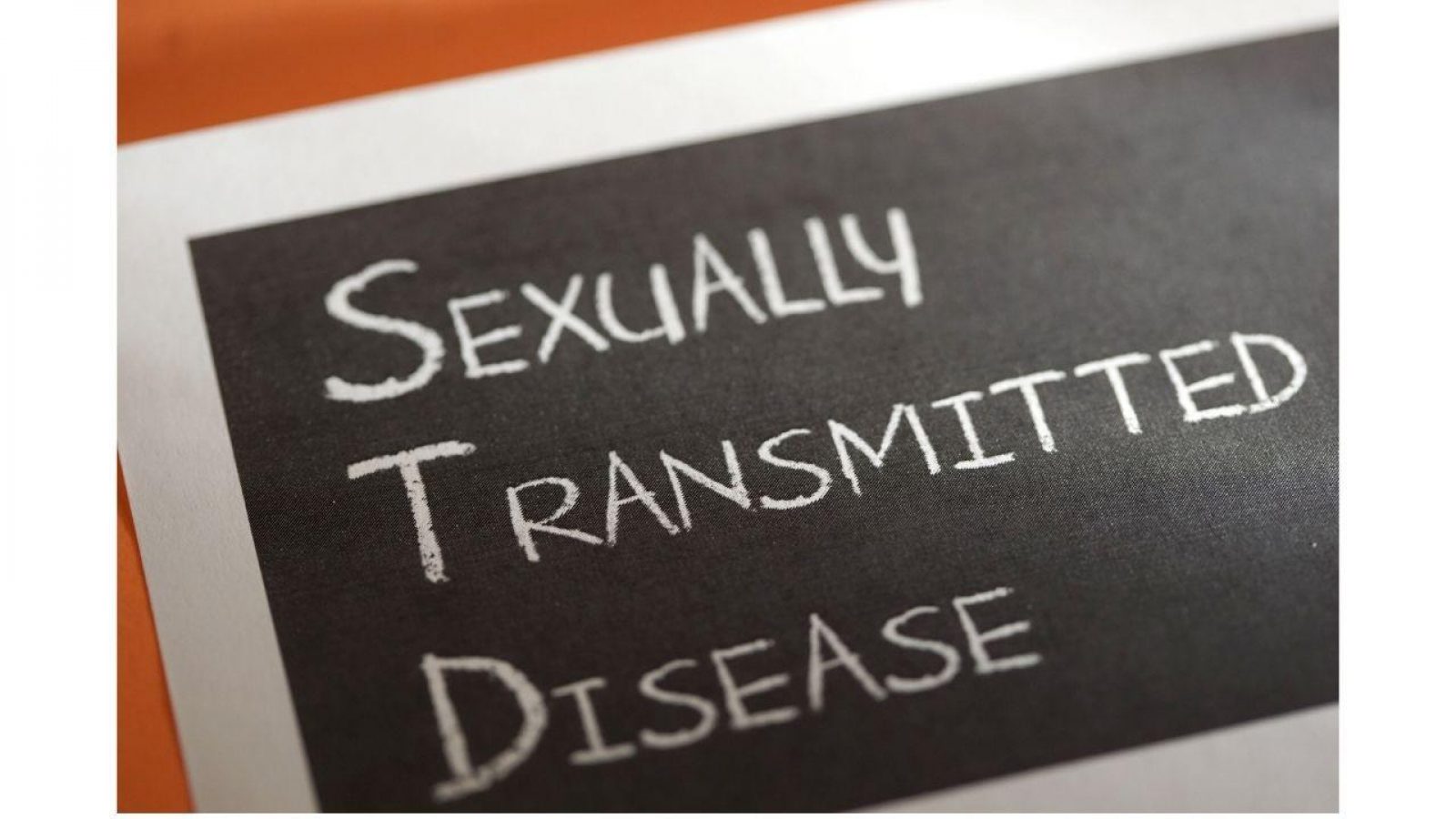News | Announcement
FOCUS ON…STD Testing Is For Everyone Zehra Siddiqui, DO, Medical Director, Ryan Chelsea-Clinton

Ryan Health encourages our patients to get tested for Sexually Transmitted Diseases (STDs) when you have your annual checkup. That’s the simple message we want to convey for STD Awareness Month.
We know STDs are an awkward subject to discuss. But the ugly reality is that cases of STDs, especially those that don’t show outward symptoms, are on the rise. According to the Centers for Disease Control and Prevention’s (CDC) Division of STD Prevention, between 2013 and 2017:
- Syphilis cases nearly doubled
- Gonorrhea cases increased by 67 percent
- Chlamydia cases remained at record highs
Syphilis, gonorrhea, and chlamydia are asymptomatic, meaning that you won’t show symptoms. For example, the earliest sign of syphilis sometimes is a painless ulcer in your mouth, throat, or genital area, but that will go away in a short period of time without you noticing. Gonorrhea and Chlamydia can infect the throat or genital areas with no symptoms at all. Unfortunately, even though you see no symptoms, you are infected and could be spreading the disease to others, or even worse could suffer from long-term effects of the disease later on in life. Without regular testing, it could be years before you have a diagnosis.
Patients who are using PrEP and PEP must be screened every three months. Last year during the height of the pandemic many health centers, including Ryan Health, required testing every six months instead. CDC’s national guidelines were revised because of a shortage of tests due to the pandemic. We are back to the regular testing schedule now.
Some STDs, like Hepatitis A and Hepatitis B, have vaccines that prevent infection. And while there is no vaccine for Hepatitis C, there is a cure. Cases of Hep C are on the rise again. The opioid crisis and drug epidemic have brought it to a new generation, and today we see Hep C in people in their 20s and 30s.
At Ryan Health, we ask everyone about their sexual history, starting at age 13. We follow all privacy guidelines, of course, as these conversations may be uncomfortable for people under the age of 18. But our concern is your health and safety.
So, how can you protect yourself from contracting an STD?
- Get any vaccination that exists for STDs, such as hepatitis A and B, or HPV. That’s the easy part.
- Protection is still the best option. Practice safer sex, use condoms and caution, and be safe.
- Get tested regularly. There’s nothing to be embarrassed about. Ask your doctor when you have your annual checkup.
- Have an open conversation with your partners about your sexual history and your sexual practices. If COVID-19 has taught us anything, it’s that we are all much more open to discussing who we’re encountering.
The CDC’s Digital Toolkit for STD Awareness Month provides a ton of information about STDs, how to avoid them and how to treat them. The bottom line is that testing is the simplest and most effective way to know where you stand.
What else you need to know:
You don’t need to see a doctor to get an HIV or STD test at Ryan Health. Anyone can get tested for HIV or STDs at any time through our Prevention, Education and Outreach (PEO) Department. Testing is rapid, convenient, and confidential.
Whether you want to see a doctor or get tested through our PEO Department, use our online MyCare Portal to make an appointment. Or call us at 212-749-1820.
Ryan Health participates in New York City’s Play Sure, Be Sure, Stay Sure project on HIV and STD prevention. Learn more.